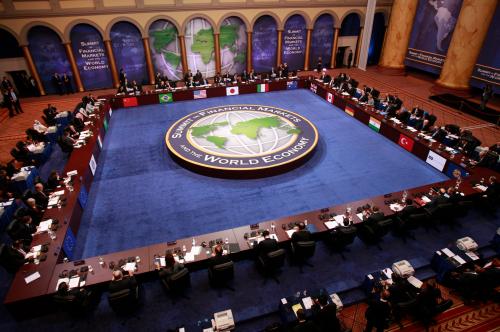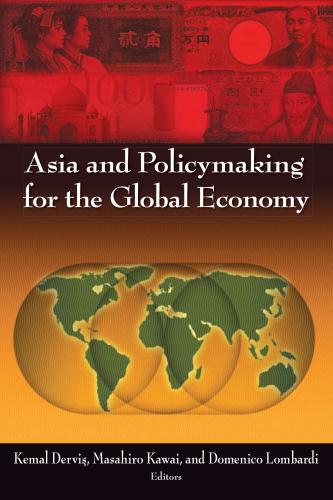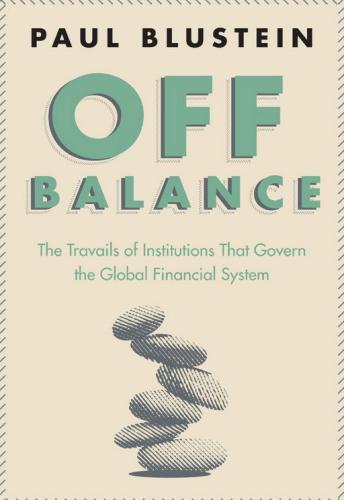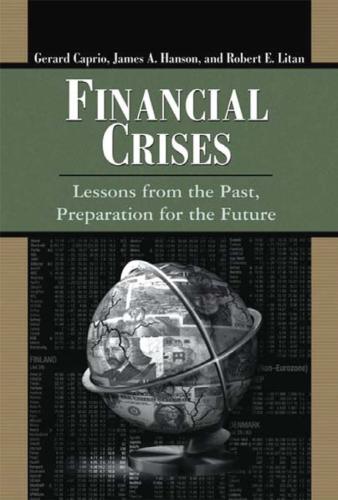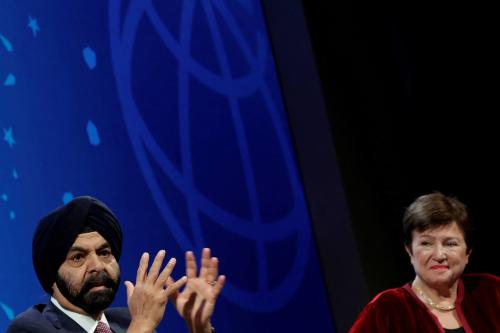Introduction
The financial turmoil sparked by the subprime mortgage market has revealed again the vulnerabilities of economies to global financial disturbances. The continuing need for improved bank regulation and financial market oversight world-wide and for coordinated policy and liquidity responses is now clear again. The blasé attitude recently that financial market forces suffice for market clearing and would in any case overwhelm any public policy response is giving way to the notion that international cooperation, coordination and policy intervention still matter. But even as this shift takes place, Asia is less vulnerable than the North Atlantic and is able to stand aside for the moment as Europe and the United States struggle to reassure markets and bring them back into balance.
This environment is a propitious one in which to consider what it is that the world needs from the IMF and how member governments could reshape its role, governance and practices to strengthen its role.
Even with the differential regional impacts of the current turmoil, contemporary financial crises have global reach requiring that policy, regulatory and oversight responses be coordinated world-wide. Financial forces tend to magnify the weakest links in the global financial system. As a consequence, there is a need for a site in the financial system where global financial consultation, coordination and cooperation occur. That site is the IMF.

